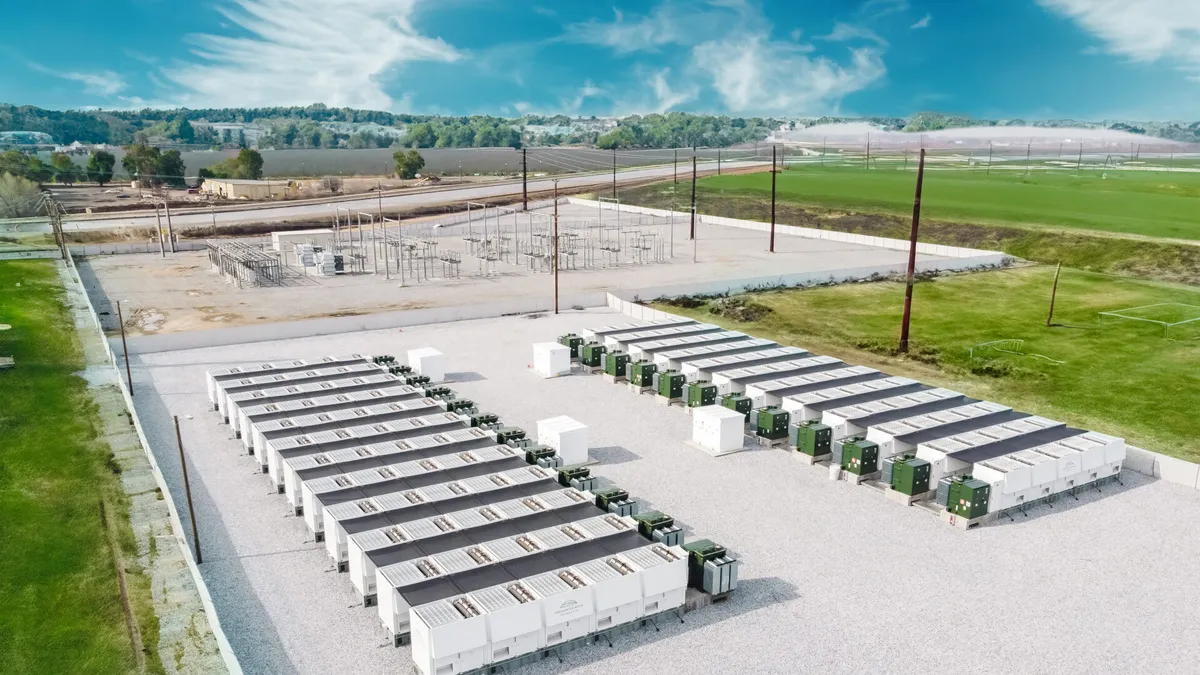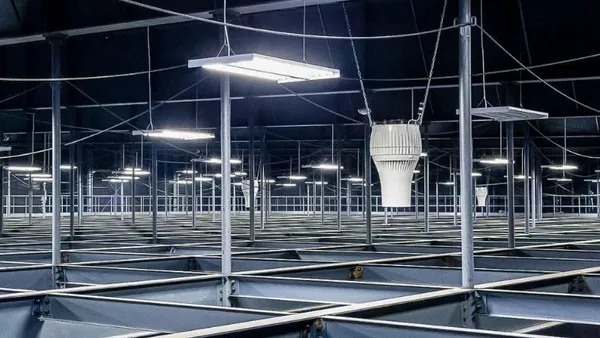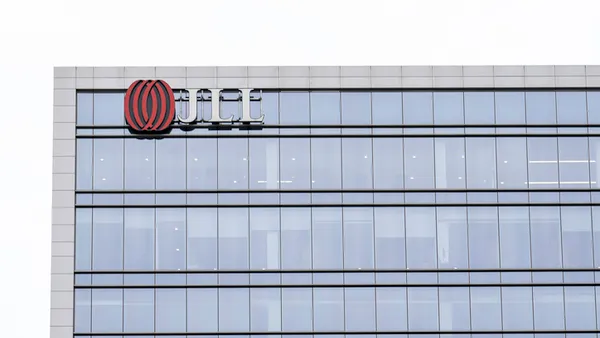Facilities managers, motivated to make a strategic impact in their organizations, are instead drowning in administrative tasks like work order management, according to a survey commissioned by occupancy analytics company VTS.
To align operations with the higher-impact tasks they want to focus on, facilities managers should work to automate and streamline administrative tasks, says VTS. That would unlock time for strategy and relationship building, says the company.
Facilities managers should also focus on metrics that give them insight into tenants’ experience occupying the space so they can understand what they’re doing well and what improvements are needed, says the company’s 2025 Global Workplace report, released March 27.
While three quarters of property managers say they want to focus on surfacing key insights and engaging in strategic project management, just over 60% say their time goes to work order management instead, with 40% citing invoice and payment processing and 38% citing vendor coordination as a top time drain. The report is based on survey responses by more than 400 property managers and business leaders.
These low-value tasks also take away time from providing hospitality-like experiences and direct tenant interaction, which were cited in the report as focus areas by 59% and 44% of property managers, respectively.
Increasing focus on metrics like tenant experience and satisfaction represents a material shift in the responsibility of property management moving forward, Nick Romito, CEO of VTS, said last year in a Commercial Observer report.
For CBRE, which has invested in and partnered with VTS to collect and manage data related to operations and tenant experience, that shift means aligning operations with experience to ensure optimal outcomes for occupiers, according to Emma Buckland, global president of CBRE’s property management business lines.
“Much of the experience of leasing an asset is the nuts and bolts, or a maintenance request, like a problem with the air conditioning, and it never gets resolved. There's a problem with the elevator that continues to break down, and … it’s creating a bad impression for clients,” Buckland previously told Facilities Dive. However, feedback from clients on building issues has historically been kept separate from work order information and other data sets, according to Buckland
“To us, that operational data needs to be collected with the same level of fastidiousness and ideally in the same place as the experience data because otherwise, we just got yet another data set that we're never triangulating,” Buckland said.
About one-third also said they waste time on cross-system data, with property managers using five different operational systems and three reporting tools on average each day. “As tech offerings expand, property managers can boldly go the opposite way, consolidating their suite and adding value through subtraction,” VTS says in its report.
Without bringing these different metrics together, “we don’t really understand how some of these really small things can actually have a massive experience and impact on tenant sentiment and tenant experience, Buckland said.
The dichotomy between property managers' desire to focus on high-level strategy and relationship building and the time they spend on low-level administrative tasks is highlighted by the metrics they keep — mainly financial analysis, maintenance equipment records and work order submissions — which “keep them firmly grounded in day-to-day operations,” VTS says.
The survey also revealed a lack of high-value insights measured by property managers, with less than a quarter of respondents saying they measure tenant sentiment, tenant app adoption, event attendance or access control adoption, per the report.
“It's really easy to think about any experience as just being a management thing. But in reality, there's so much of an impact that can be created in terms of leasing decision making,” Buckland said.















